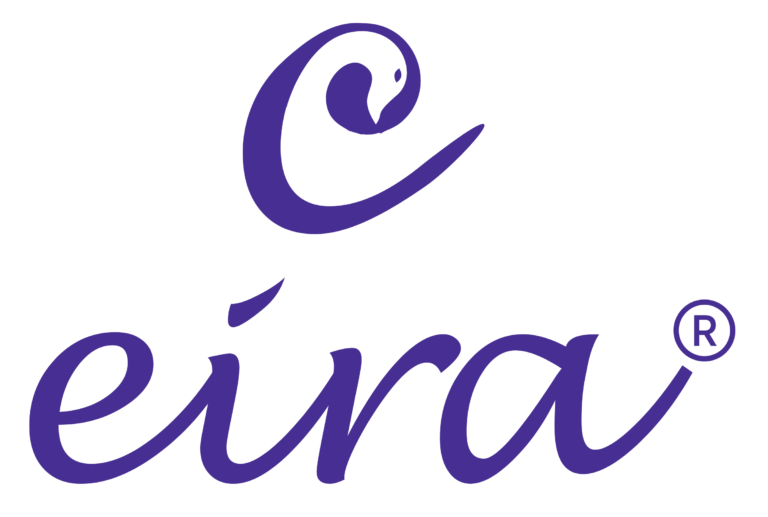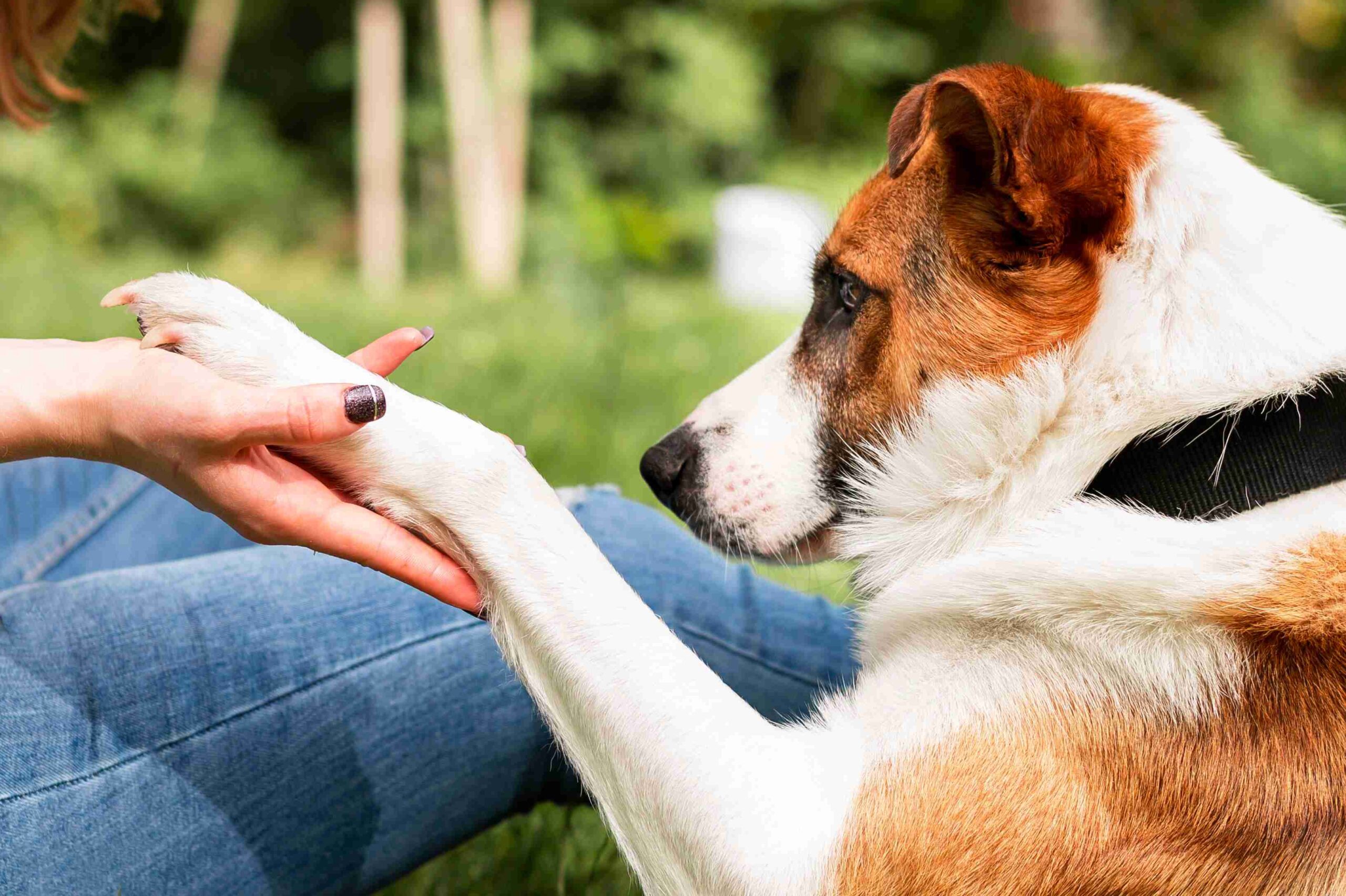“With great power comes great responsibility.”
Many of us grew up hearing this famous quote and it is something that I take very seriously. As a nature and animal communicator, my role is to be a neutral medium of communication between animals and their human companions. Or, in simple words, be a voice for animals and nature.
By sharing their perspectives, we have the power to change the way people view non-human beings and foster a more cordial relationship. This shift goes beyond merely coexisting to living together in harmony. But that also means that it is important to be an ethical and a responsible animal communicator.
Here are six things that I always do and teach people who learn nature and animal communication with me:
1. The intention matters
Responsible animal communicators always have the best interests of humans, animals and nature at heart. Our aim is to help humans understand their animal companions or nature better and to work in the highest good for all.
2. Only communicate with consent
Ethical interspecies communicators only connect with your non-human companion with consent. This means your consent and that of your pet’s, whether it is a dog, cat, bird, fish or guinea pig.
3. Be a voice for your pet, not interpreter
An animal communicator only shares information in the same way that your pets convey it. We don’t add my perspectives or interpret inputs. As communicators, we are the animal’s voice, not interpreter.
4. Partner with the family
An ethical animal communicator will never criticise or judge you. We know you do your best for your beloved bird or animal companion and respect that. Our aim is to help you understand your non-human companions better.
5. Refer you to a vet for health-related concerns
As responsible animal communicators, we only convey what your pet shares about what it is experiencing in terms of its physical health. We never diagnose diseases or prescribe medicines since we aren’t trained veterinarians.
6. Refer you to a feline or canine behaviourist when needed
A communicator only shares your animal’s inputs on why it is behaving in a certain way and how the situation can be resolved. We don’t recommend behavioural modifications unless we are certified behaviourists.
For me, these are six non-negotiable aspects of being an ethical and responsible animal communicator.
Would you like to add any other point to this list? Comment below to let me know.


